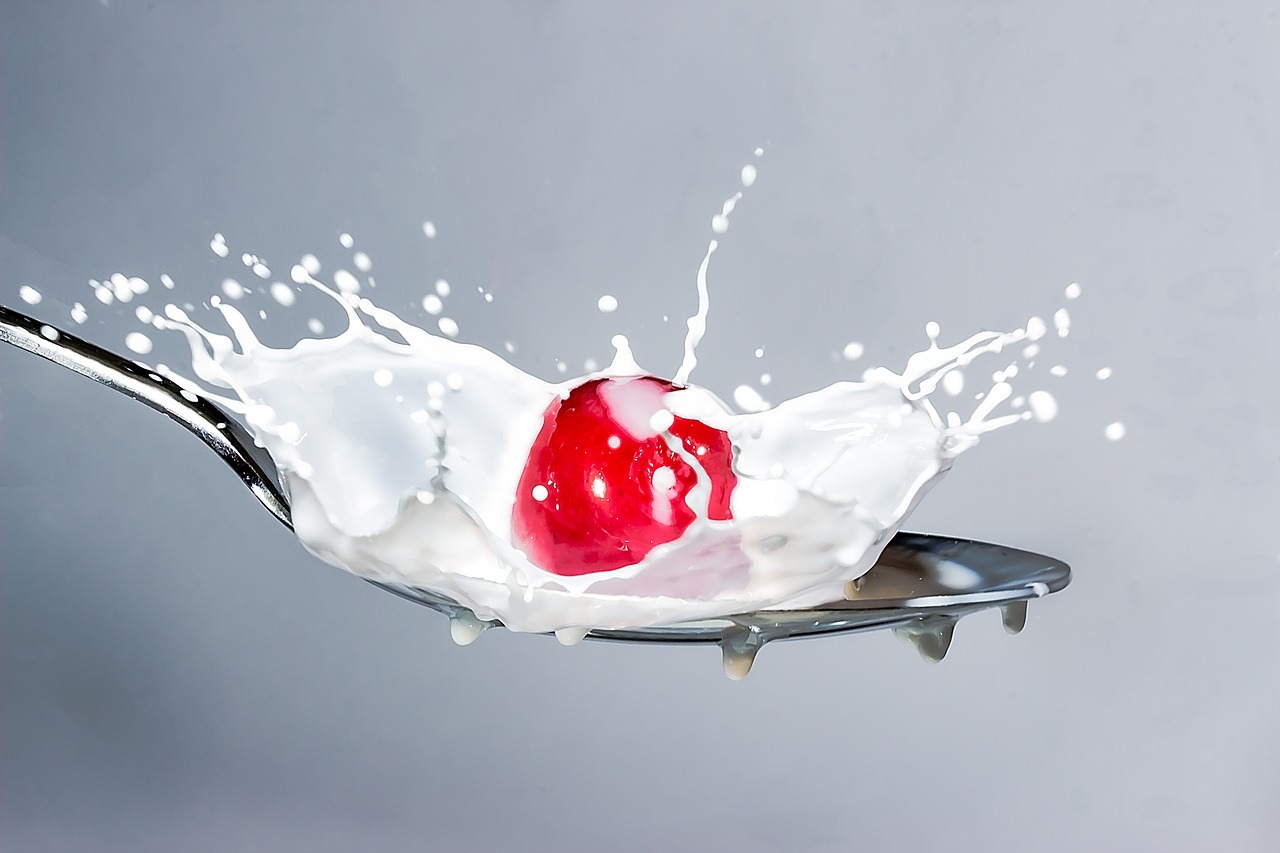When it comes to maintaining a healthy diet, it’s hard to know what is true and what is just pure marketing. The famous “Got Milk?” The advertising campaign insisted that milk is an incredible healthy drink that everyone should drink in large quantities. But man is the only species that drinks milk in childhood, why?
It turns out that the answer to the question of whether daily milk consumption is a smart decision depends on each individual. We will break down the good and the bad of daily milk consumption so that you can make an informed decision for yourself and your family.
Good
Leaving aside the relentless marketing, there are really good reasons to drink milk every day.
This can help you lose weight.
Those looking to shed pounds could be helped by adding extra protein to their diet, and milk is an affordable and nutritious way to get it. An increase in the level of vitamin D in the blood has also been linked to fat burning, as dietary calcium intake has increased. The exact mechanism is unknown, but a 2010 study of people involved in a diet found that those who drank more milk lost more weight.
It is an excellent source of protein.
Cow’s milk provides a good amount of protein, one gram per ounce, so a standard eight-ounce glass provides eight grams of protein. It is also a high quality protein, which means that it contains all the essential amino acids. Protein powders produced cannot match milk in this regard. Drinking milk with a meal also promotes satiety, as protein slows digestion and will make you feel full longer.
More nutrition for less calories.
With its good protein, milk also offers more nutrition for relatively few calories overall. In each glass of milk, you will get calcium, protein, iodine, potassium, phosphorus and vitamins B2 and B12. An eight-ounce serving of skim milk contains only 90 calories; this amount of whole milk only accumulates 136 calories. It may be helpful to drink whole milk, since vitamin A is eliminated from milk along with fat.
Helps maintain muscle mass.
People involved in strength training do best when their post-workout regimen includes the right protein / carbohydrate ratio. Milk has it, it is also rich in branched chain amino acids, which play an important role in the growth and maintenance of muscles. Animal milk proteins are also more easily absorbed than those from other sources.
It is an excellent source of calcium.
The strongest reputation of milk is probably linked to its calcium content. In fact, many people are deficient in calcium and milk is an easy way to get more. (It also contains potassium and vitamin D, two other essential nutrients that people often lack.) Although calcium can be obtained from several other sources: green leafy vegetables, nuts, seaweed and sesame seeds, you need to eat 10 cups of spinach to match the calcium in 8 ounces of milk. No one except Popeye likes spinach so much.
Delay the aging process.
The combination of calcium and vitamin D also plays an important role in maintaining bone density with age, which can make you feel younger. Drinking milk every day can reduce the risk of developing osteoporosis. However, keep in mind that the critical time to focus on your milk intake is up to the age of 30. It is during our young life that the bones gain mass and develop their structure. But vitamin D isn’t just for bones; It also helps maintain muscle mass with age.
Could protect against disease
We have been trained to monitor fat, but when it comes to milk, there are many nutrients in its fat content. This includes vitamins A, K2 and omega-4 fatty acids. Interestingly, this fat and vitamin combo is precisely the reason why experts believe that milk can help protect against diseases like cancer, diabetes and heart disease. A British Medical Journal study suggests that fermented dairy products, such as cheese and yogurt, are particularly preventative. Researchers say that for each serving of these foods consumed by participants, the death rate dropped by 15%.
The evil
This can cause acne.
Dairy products are known to be inflammatory, and this can manifest as acne in some people. If you have this answer and drink milk every day, your acne may never go away. If you like things but hate what they do on your skin, try plain yogurt or kefir, which are less likely to cause swelling that appears on your face.
May cause swelling
Not everyone has this problem, but the lactose intolerants among us know exactly what bloating in dairy products looks like. The inability to process dairy products effectively is a painful problem, and even half a teaspoon and a half in coffee can lead to a miserable day. Although humans in general have evolved to tolerate dairy products even as adults, we are the only species that does this, as well as the only species that drinks the milk of another animal. So maybe lactose intolerance is the most “normal”.
This can cause stomach upset and digestive problems.
Supermarket supermarket milk is highly processed and contains various bacteria, good and bad. Over time, drinking milk every day can cause an imbalance in your gut microbe. The imbalance can lead to various long-term health problems, including poor digestion, brain fog, and migraines. If you experience these symptoms, it may be helpful to cut back on dairy products to see if it makes a difference.
It might not work as well without magnesium
The benefits of getting enough calcium have been taken advantage of, but it turns out that the calcium we consume may not do its best job unless it can be combined with magnesium. Our bones are made of calcium and magnesium, and an imbalance in the ratio of the two will decrease bone strength. In fact, a study from the British Medical Journal suggests that drinking milk without getting enough magnesium actually absorbs calcium from bones rather than increasing it.
This can lead to an increased risk of cancer.
This is where you should raise your hand and try to make the best possible decision for yourself, even if the evidence is mixed. While some research suggests that drinking milk every day can reduce the risk of cancer, other studies conclude the exact opposite. The British Medical Journal, for example, says that people who drink three or more glasses of milk a day have a 44% higher risk of cancer, and women who drink two or more glasses a day are twice as likely to be diagnosed. with ovarian cancer. . Growth hormones in non-organic milk can also increase the risk of cancer.
So this is it. Milk can be a nutritionally complete food source that only humans are smart enough to continue drinking throughout their lives. On the other hand, you can send her to run to the doctor … or to the bathroom. Milk is excellent in its ability to provide lots of nutrients for relatively few calories, but it can be difficult to digest, especially in adults. Ultimately, it is up to each individual to decide whether milk and other dairy products help or harm. There is no general answer, but given the enormous popularity of milk, we are confident that research will continue.


